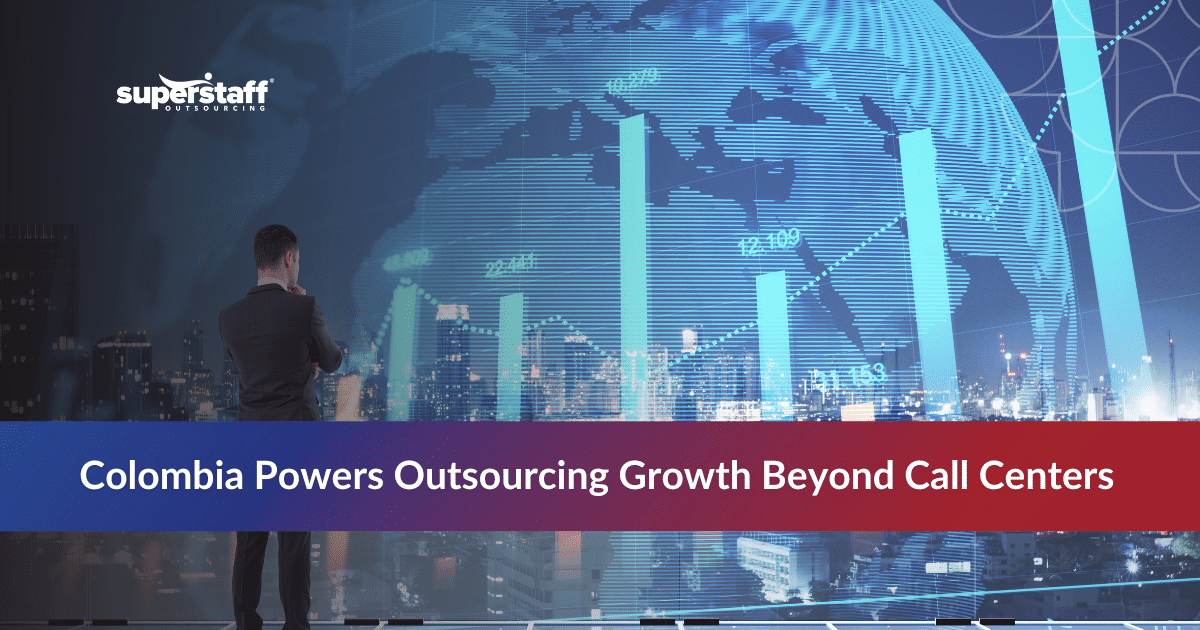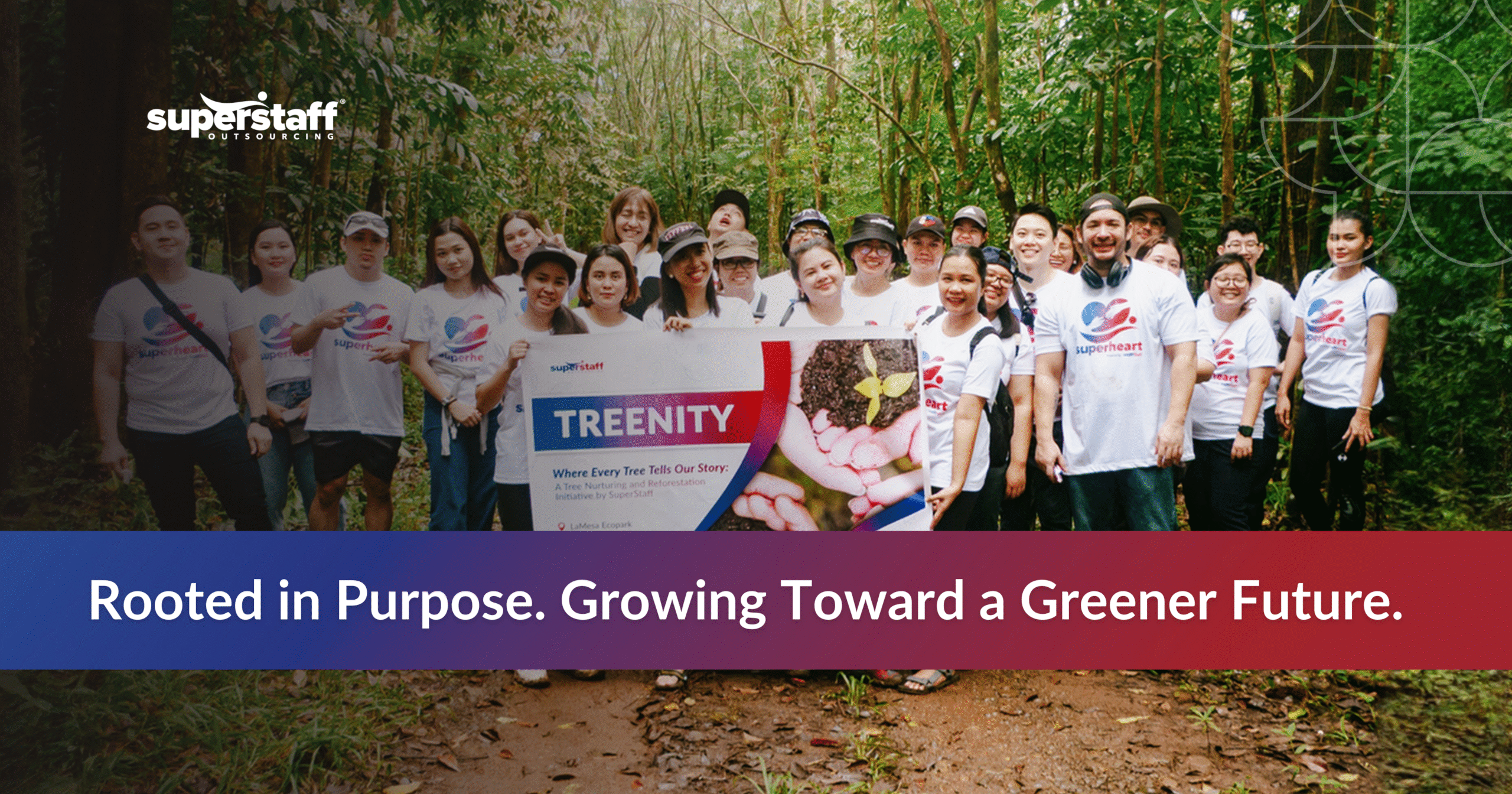
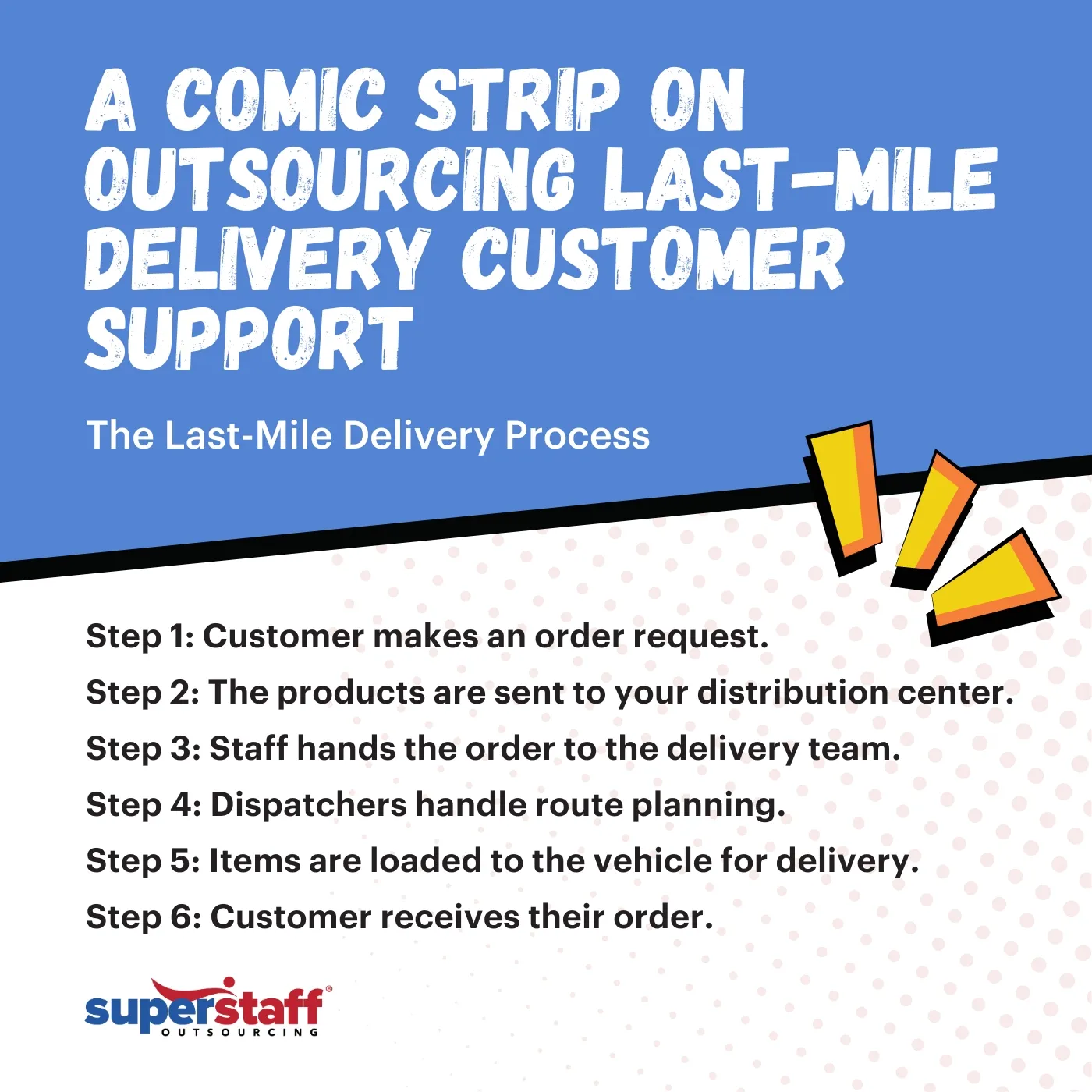
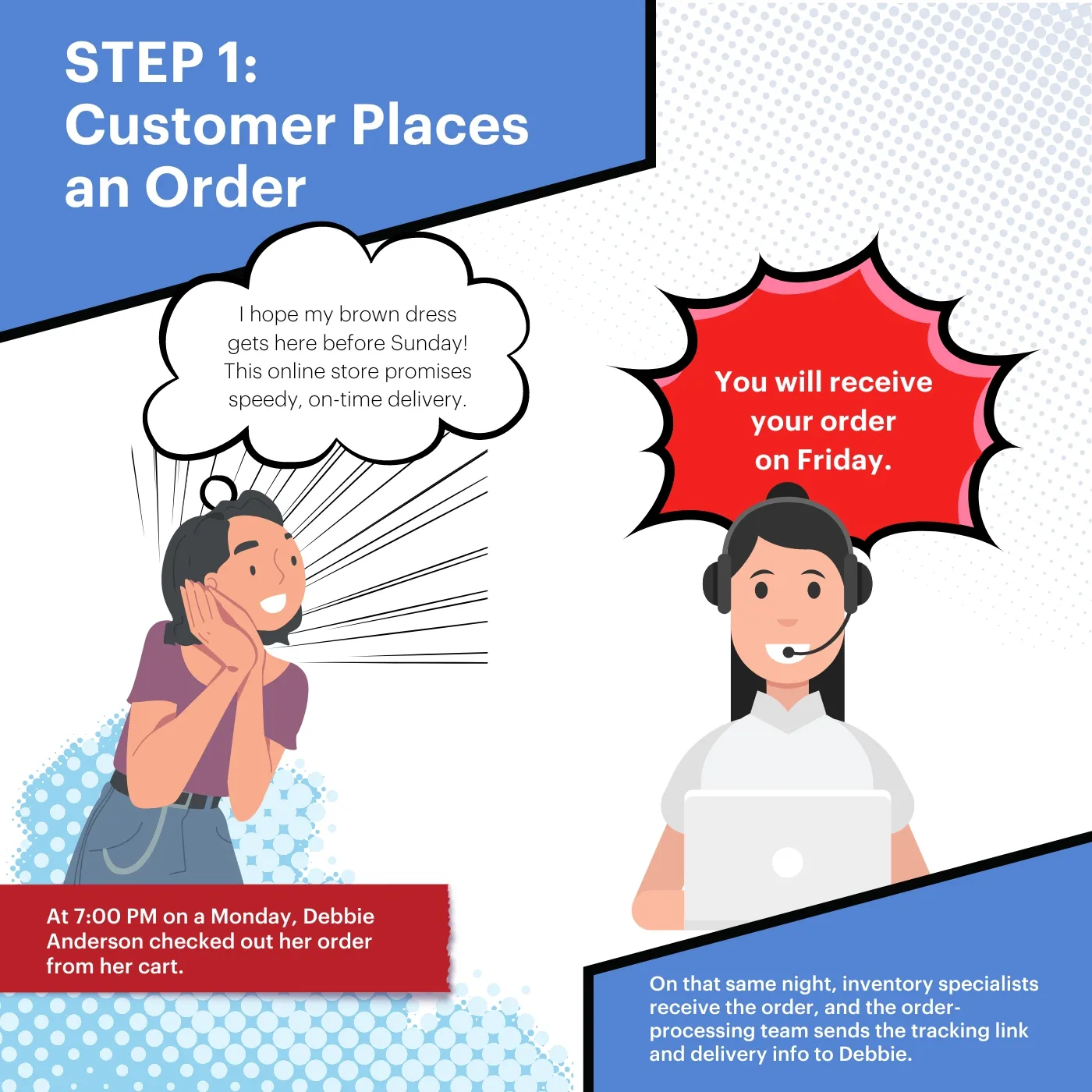
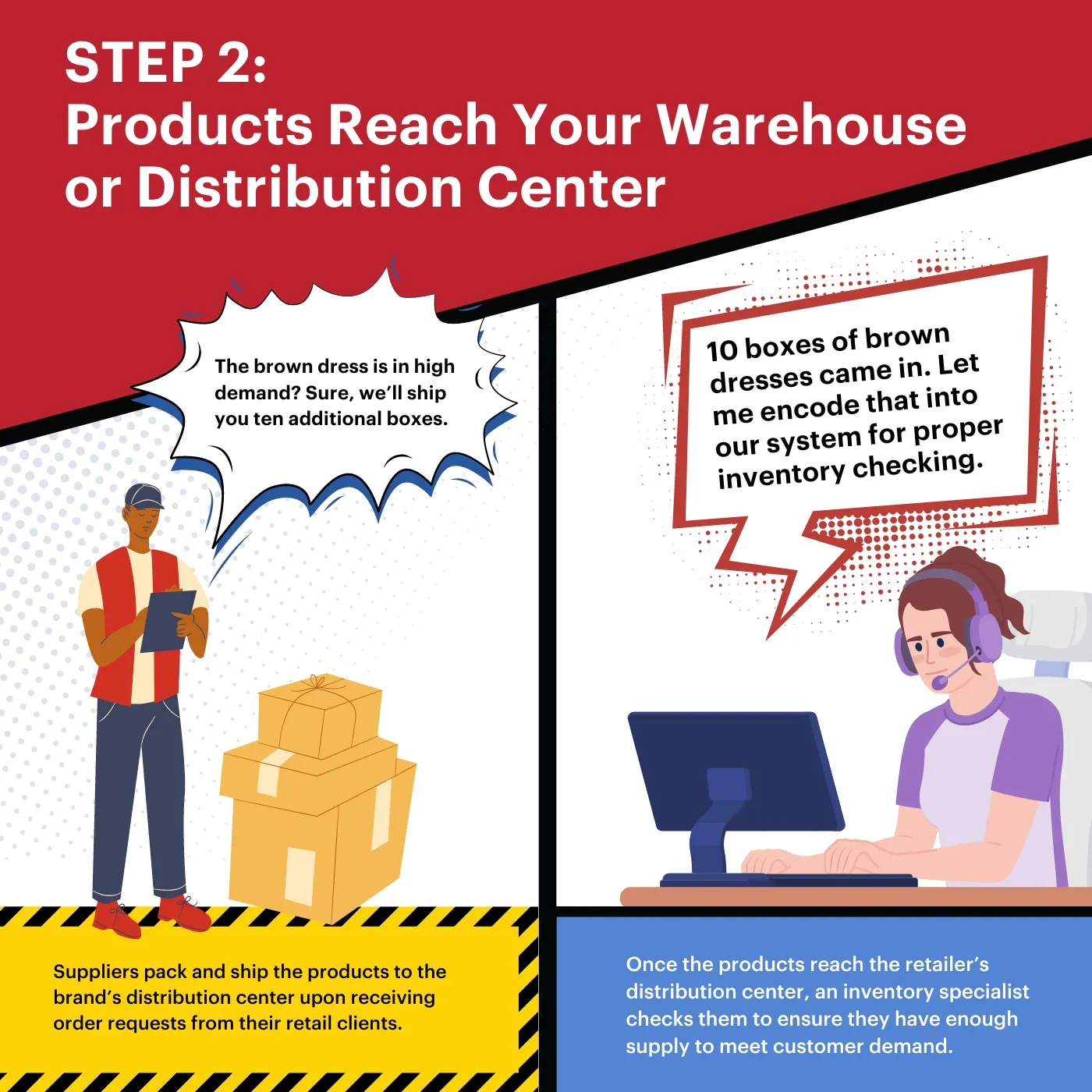
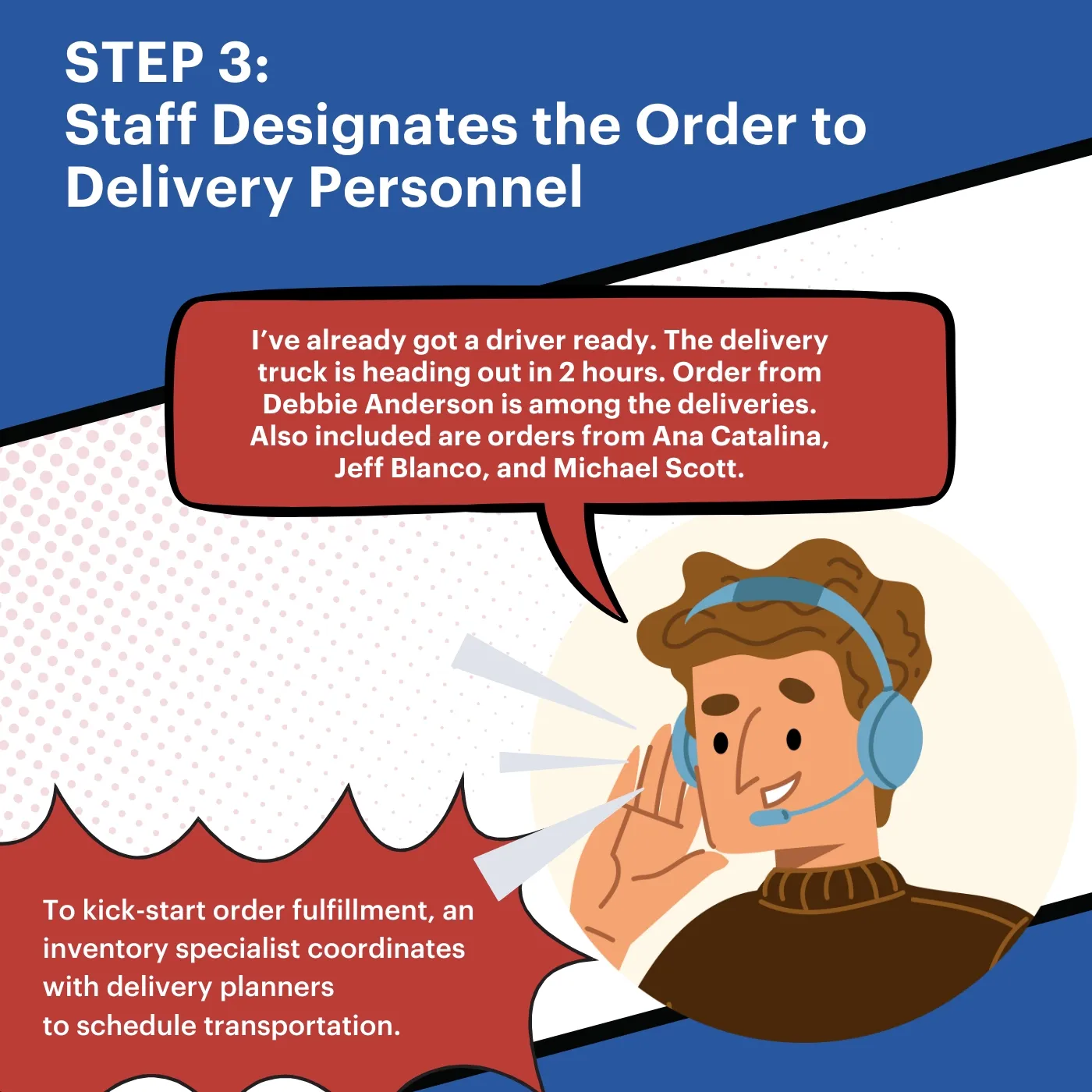
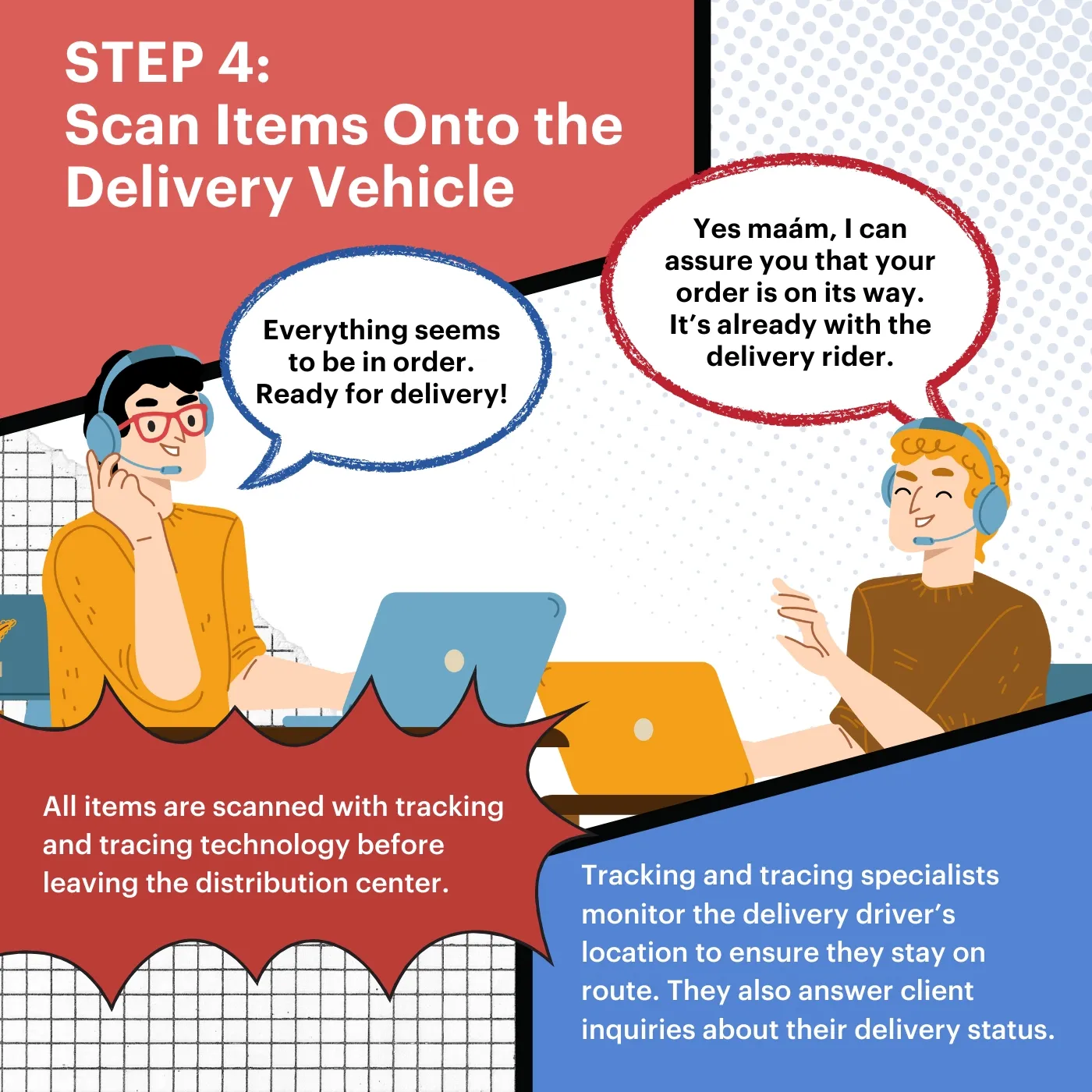
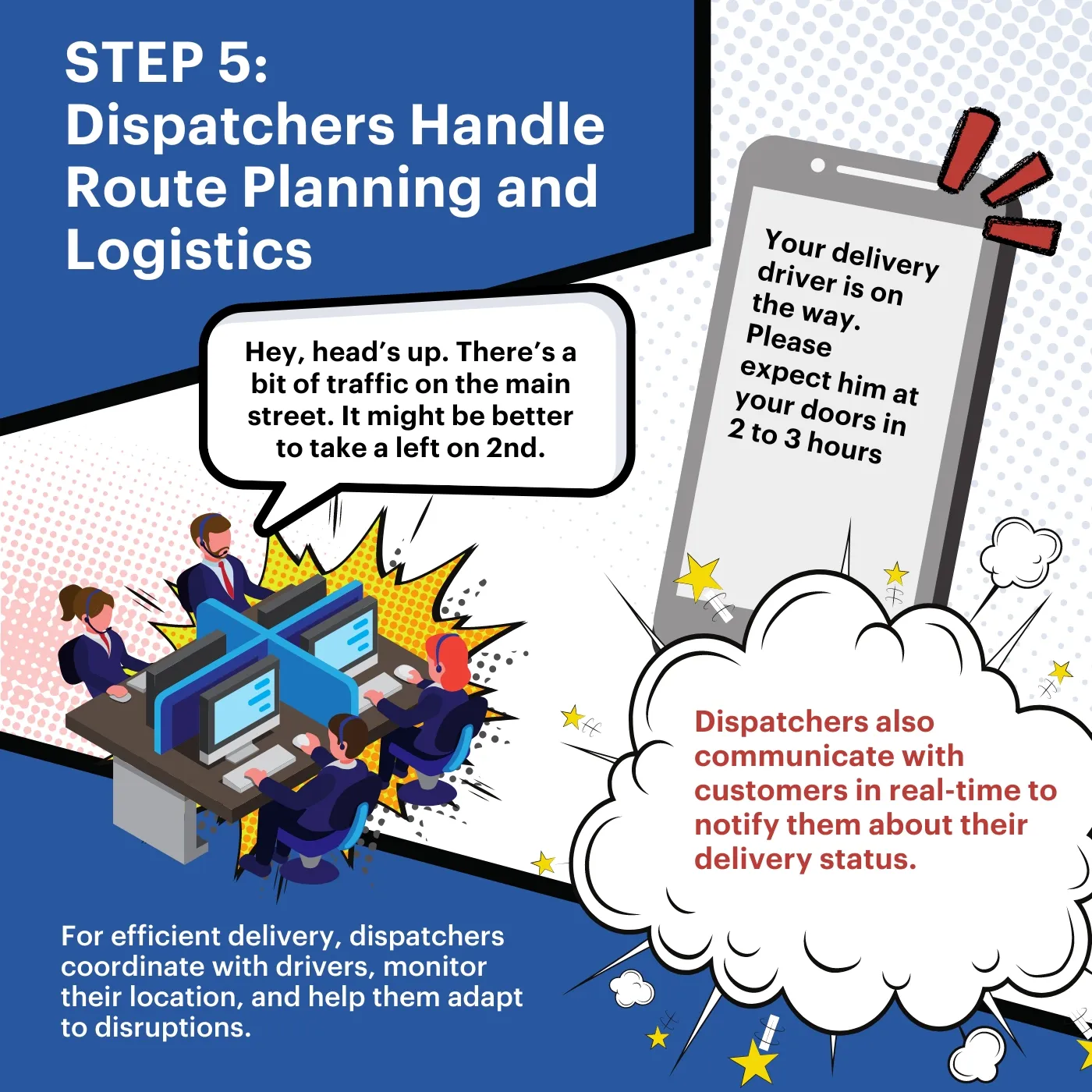
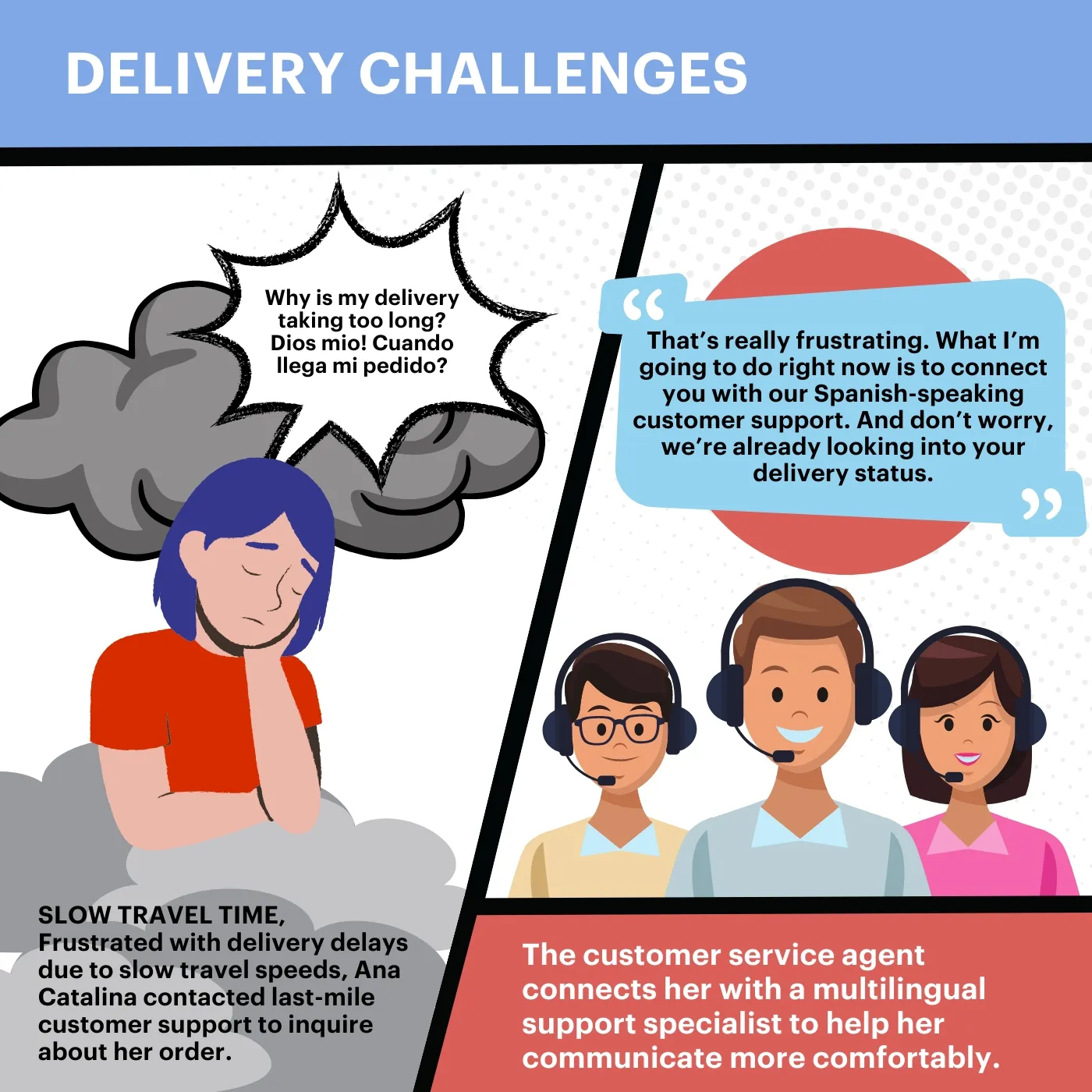
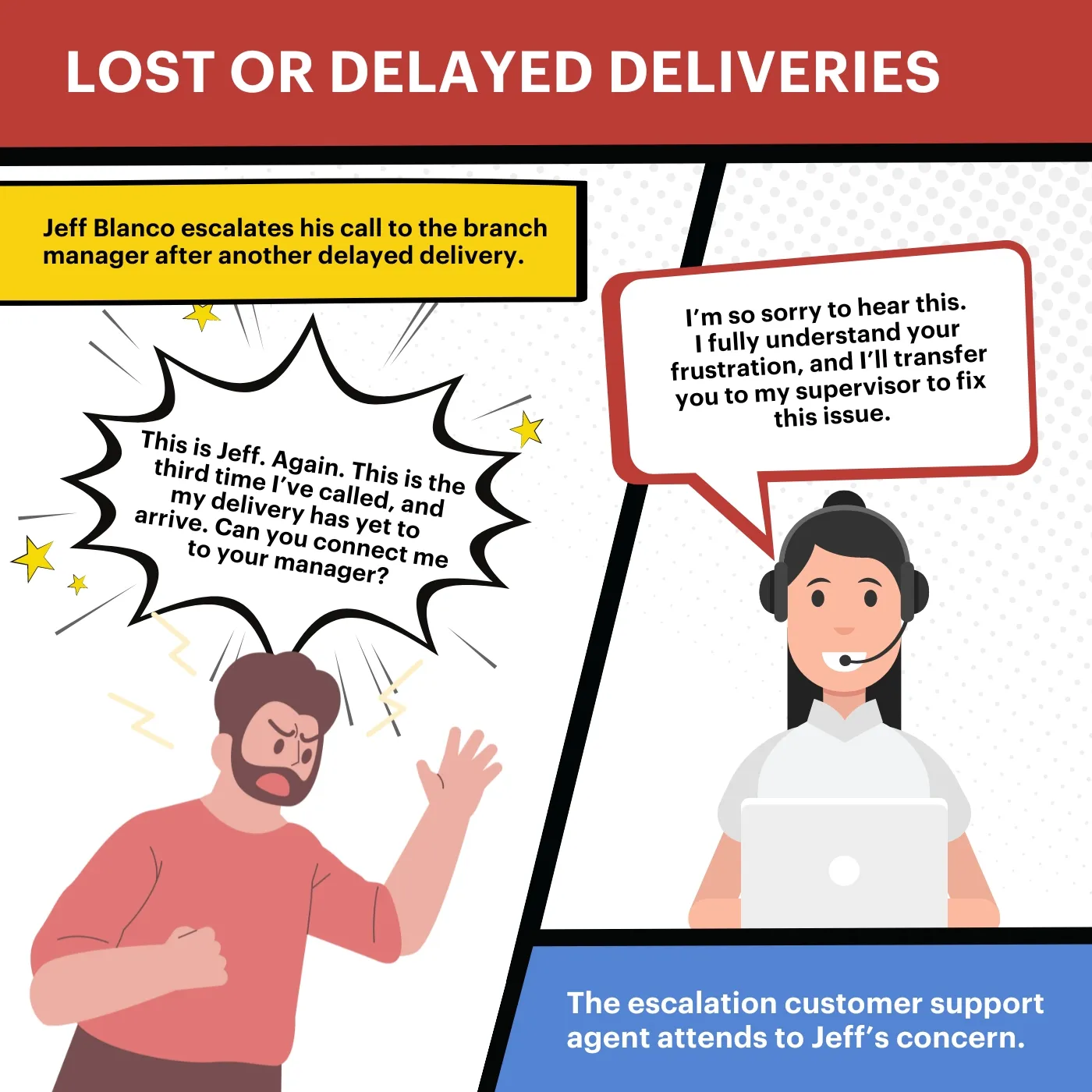
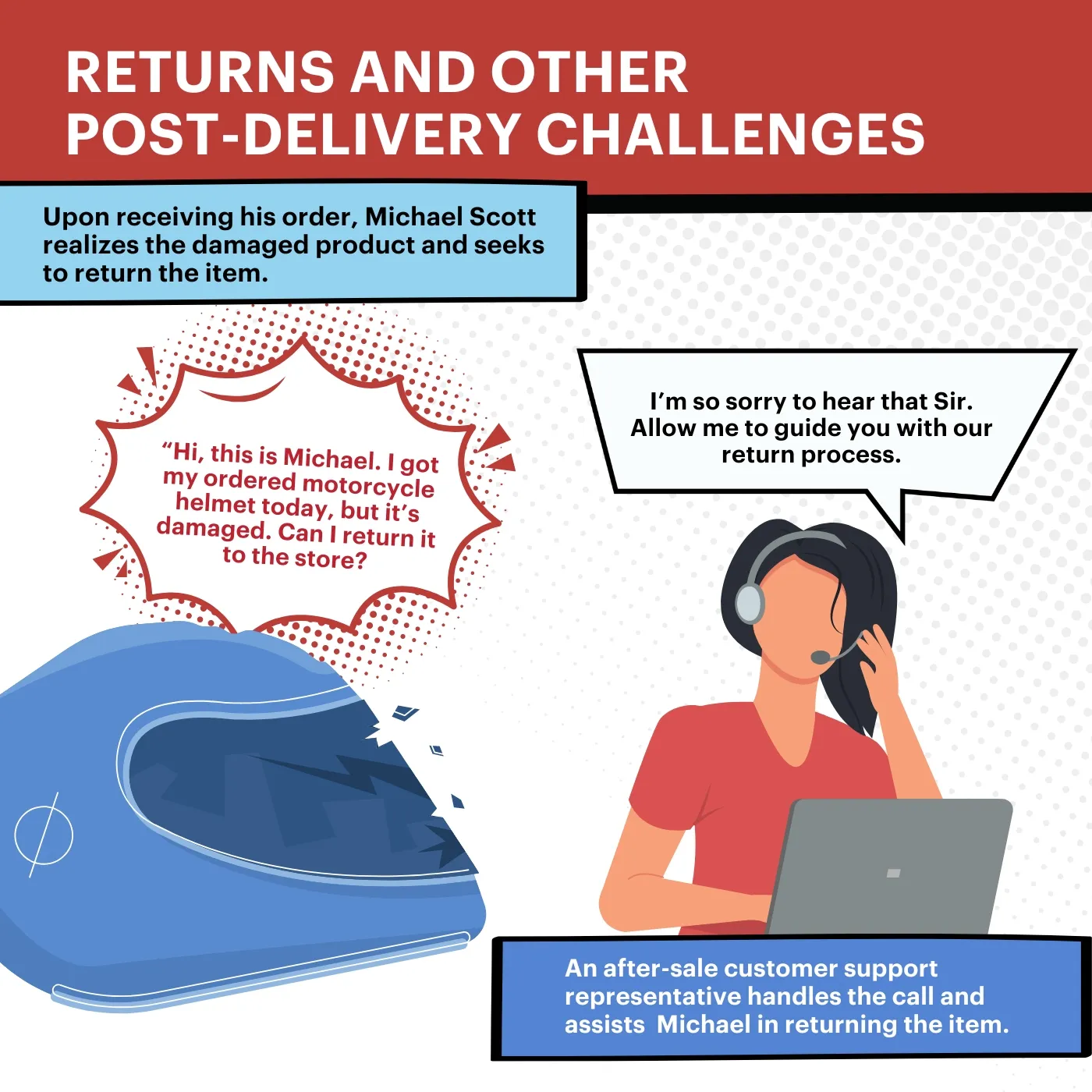
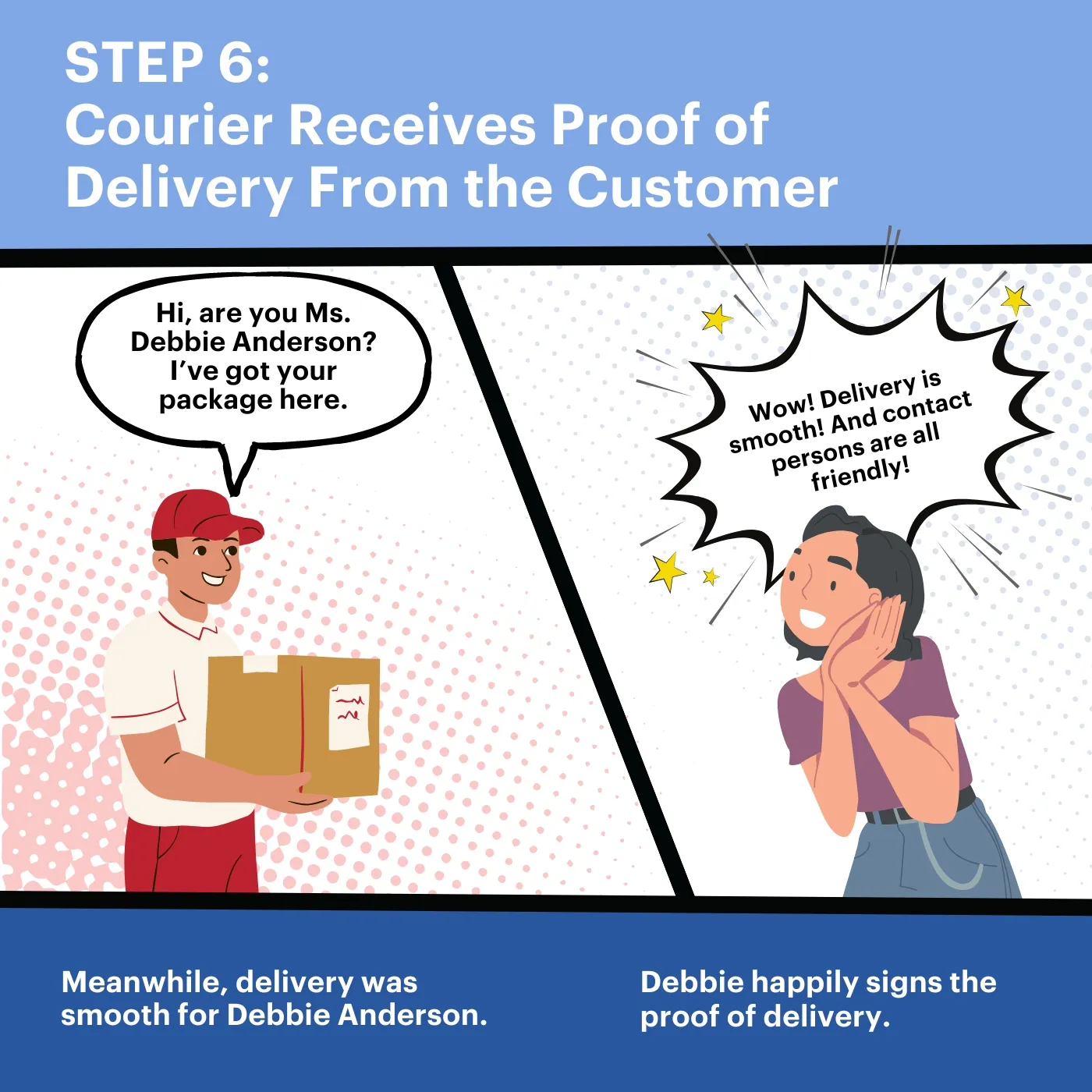
The rise of e-commerce has forever changed the game for retailers. Today’s customers want to shop from the comfort and convenience of their homes while expecting their chosen brands to deliver their purchases as quickly as possible.
As such, investing in last-mile delivery services has become necessary to stay competitive. And BPO companies have stepped up to fill this crucial gap for many retail brands.
According to the 2023 Omnichannel and Benchmark Fulfillment Report, more retailers are choosing to outsource last-mile delivery tasks as follows:
- Logistics Support
- Dispatching
- Customer Service
The percentage of companies using third-party providers for these functions rose to 38% from 29% in the previous year.
At the same time, there’s also an uptick in inquiries for the following outsourced last-mile support roles:
- Inventory Specialists
- Delivery Planners
- Tracking and Tracing Inquiry Support Specialists
- Last-mile Customer Service Support
- Escalation Customer Support Agent
- Spanish-speaking Customer Support
- After-sale Customer Support Representatives
How Outsourcing Helps You Address the Challenges of Last-Mile Delivery
Step 1: Customer Places an Order
As any retailer knows, the first step of the delivery process starts when the customer makes a purchase, whether in-store or online.
During this crucial stage, brands need a dedicated customer service team to answer inquiries, share information about order status, or address feedback and complaints. The CS team would ideally offer omnichannel support to allow customers to reach out on whichever platform they prefer.
Once the order has been placed, it will be logged into a centralized processing system. From there, order-processing specialists will source needed materials, prepare the product for transport, and schedule delivery. These professionals also notify customers about their order status, providing a tracking number, link, and other crucial delivery information.
Step 2: Products Reach Your Warehouse or Distribution Center
The next step in the last-mile delivery process is checking inventory levels. Retailers coordinate with suppliers or manufacturers, ensuring enough products are shipped to their warehouses or distribution centers.
Once the goods arrive, dedicated inventory specialists will sort all items, organize them, and prepare orders for shipment to their respective destinations.
Step 3: Staff Designates the Order to Delivery Personnel
After checking stock levels and ensuring everything is in its proper place, the inventory specialist will assign the order to the delivery personnel. When arranging transportation and logistics, the delivery planners must consider location, fleet schedule, different delivery options and shipping preferences, and vehicle capacity. The order management specialists will assign a route, driver, and delivery solution to handle fulfillment as soon as the package is ready for delivery.
Step 4: Scan Items Onto the Delivery Vehicle
Before a product departs for its destination, it is loaded onto the delivery vehicle and scanned with tracking and tracing technology. The goal is to ensure that order management specialists can continually monitor where the item is during its journey from the distribution center to its final destination.
Accurate inventory management is crucial to minimize the risk of lost shipments and other delivery errors. During this stage of last-mile delivery, tracking and tracing inquiry agents must also be available to answer customer questions about their orders.
Step 5: Dispatchers Handle Route Planning and Logistics
When all orders have a planned route, BPO dispatchers coordinate the schedule and other order information with the delivery drivers. For quick and efficient delivery times, logistics support must track the drivers’ location and help them adapt to traffic conditions, road emergencies, or other potential disruptions that may impact their estimated arrival time.
At the same time, the dispatchers communicate with customers through real-time messaging, notifying them of their order status and delivery information.
Delivery Challenges
Despite your supply chain management and logistics team’s best efforts, some disruptions can’t be predicted, leading to unexpected last-mile delivery challenges. Here are a few scenarios your team may encounter and how outsourcing customer support can help you navigate the situation.
Slower Travel Time
With e-commerce becoming more widespread, delivery volumes have skyrocketed exponentially. Many retailers have struggled to handle the significant spike in customer demand, with some having trouble improving the efficiency of their last-mile logistics while scaling their business.
Because of these complexities, some brands may have slower travel speeds than others, amplifying inefficiencies. One factor influencing travel speed is the varying distances between delivery points.
Different buyers may be located several miles apart in rural areas, leading to longer travel times between deliveries. Meanwhile, customers in urban areas may be closer together, but the drivers are more likely to encounter traffic congestion.
When dealing with slow delivery speeds, for whatever reason, businesses must invest heavily in proactive customer support. For global retail brands, multilingual solutions are necessary to allow buyers to communicate easily with your service representatives.
Lost or Delayed Deliveries
Sometimes, delivery attempts may get delayed due to various problems, such as bad weather conditions, incorrect shipping information, heavy traffic, lost packages, or supply chain issues. During these cases, retailers must notify customers about the delay and reassure them that their deliveries are still coming.
In addition to proactive customer service, businesses must invest in escalation support, allowing buyers to escalate complex, urgent, or highly specialized problems. The right escalation support team will empathize with the customer’s frustrations and help them solve their issues as efficiently as possible.
Step 6: Courier Receives Proof of Delivery From the Customer
The final step of the last-mile delivery process is when the customer finally receives their order. To seal the deal, the delivery personnel obtains proof of delivery from the buyer, either by signing a physical document or through an electronic signature.
Returns and Other Post-Delivery Challenges
Even after a customer receives their purchased item, a retailer’s job is still not finished. To nurture positive buyer relationships, businesses should invest in post-sales support representatives. These customer experience specialists contact buyers through email, in-app messaging, or other platforms and ask for feedback about their ordering experience.
The truth is that customers won’t contact you only at convenient hours, mainly when you cater to international markets. As such, it’s vital to outsource after-hour calls to a call center with 24/7 support capabilities, ensuring buyers can reach out to you at any time.
Partner With the BPO Professionals for Efficient Last-Mile Delivery Support
Are you ready to go the extra mile for your customers? With the right outsourcing partner, you can streamline and optimize your last-mile logistics for quicker and easier order fulfillment.
SuperStaff offers various outsourcing services, including customer support, dispatching, back-office solutions, supply chain and logistics management, and more. Contact us today for more information about what we can do for you!

